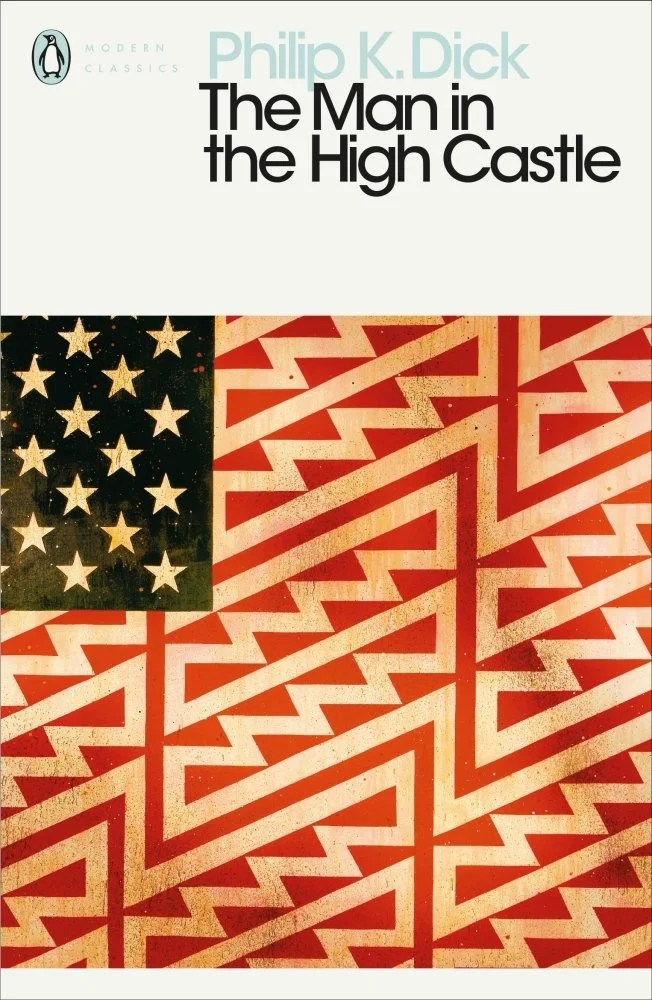The Man in the High Castle- Philip K Dick
January 2025
A haunting dissection of alternate history, posing unsettling questions about reality, identity, and the fragility of truth. Set in a world where the Axis powers won WWII, the novel immerses readers in a fractured America divided between Japanese and Nazi rule. What struck me most wasn’t just the chilling worldbuilding—though the meticulous details, like the commodification of Americana under occupation, are brilliant—but how Dick uses the I Ching (a recurring divination tool) to blur the lines between fate and free will.
The characters—Juliana, Frank, Tagomi—are less protagonists than conduits for existential unease, each grappling with their own complicity in a broken system. The metafictional twist, involving a banned book (The Grasshopper Lies Heavy) that imagines an Allied victory, forces readers to confront the instability of history itself. Is our reality just another layer of fiction? The novel doesn’t answer, opting instead for a disorienting, ambiguous ending that lingers like a half-remembered dream.
It’s not a perfect book—the pacing drags in places, and some threads feel underdeveloped—but its ambition is undeniable. Dick isn’t just writing alternate history; he’s probing the psychological toll of living under authoritarianism and the seductive danger of escapism. Unsettling, philosophical, and eerily relevant, The Man in the High Castle feels less like a sci-fi novelty and more like a warning.
